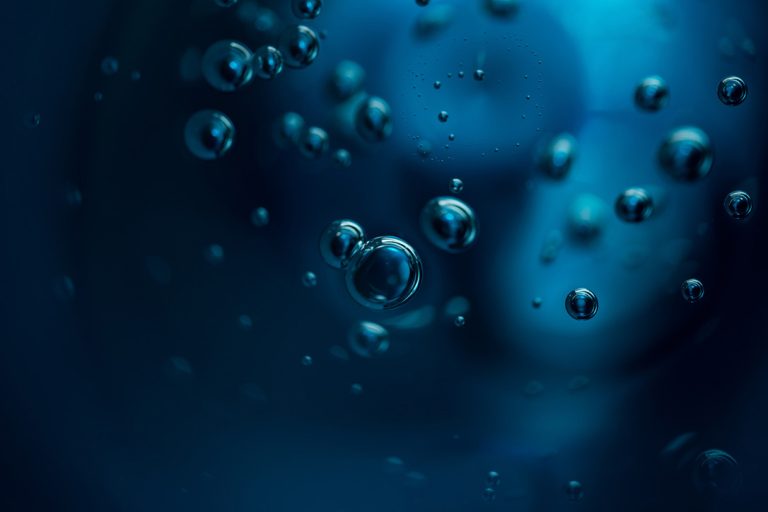As international regulators prepare to tighten emissions standards for global shipping, attention is turning to which technologies can deliver real carbon reductions without disrupting trade. The International Maritime Organization’s proposed Net-Zero Framework would set firm limits on the carbon intensity of marine fuels, rewarding cleaner options through credits and imposing costs on those that fail to comply.
Traditional fuels still dominate, but the momentum behind decarbonisation is accelerating. Biofuels such as ethanol, biodiesel, and renewable diesel already provide significant lifecycle carbon savings compared with heavy fuel oil. Yet widespread adoption is limited by cost, supply, and infrastructure readiness.
One example is Quadrise’s approach to emulsified fuels. Its MSAR and bioMSAR products are water-based fuel emulsions designed to improve combustion efficiency and reduce emissions in existing marine engines. By dispersing fuel molecules within water using proprietary additives, these fuels enable more complete burning, lowering greenhouse gases and particulates without requiring engine modification.
The bioMSAR variant incorporates renewable feedstocks that deliver further carbon savings, positioning it as a transition-ready fuel capable of meeting future tightening of emission targets. Quadrise is also developing formulations aimed at achieving net-zero performance, extending the technology’s relevance well into the next decade.
Quadrise plc (LON:QED) is an energy technology provider whose solutions enable production of cheaper, cleaner, simpler and safer alternatives to fuel oil and biofuels, proven in real world applications. Quadrise technologies produce transition fuels called MSAR® and bioMSAR™, which allow clients in the shipping, utilities and industrial sectors to reduce carbon emissions whilst also saving costs.






































